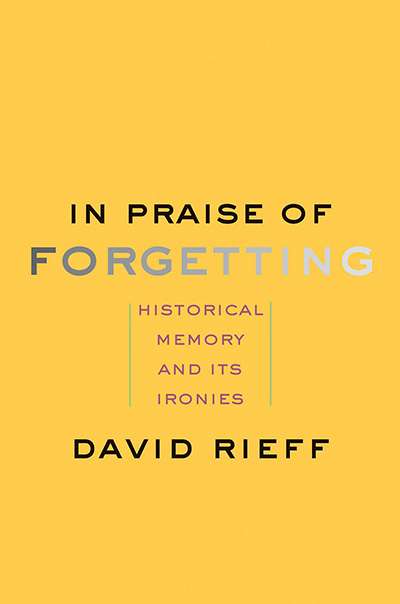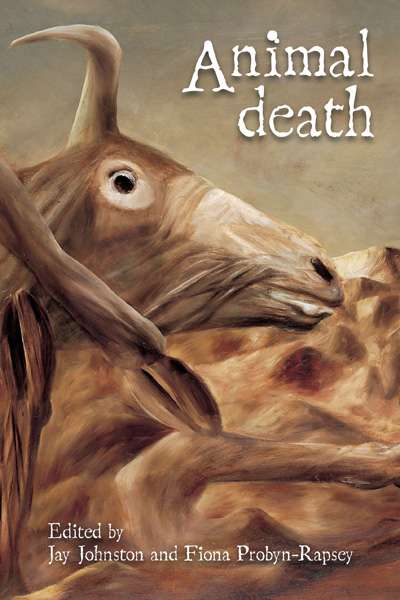Cultural Studies
In Praise of Forgetting: Historical memory and its ironies by David Rieff
by Andrea Goldsmith •
The Sopranos: Born under a bad sign by Franco Ricci
by James McNamara •
The Life of I: The new culture of narcissism by Anne Manne
by Anthony Elliott •
Inside the Dream Palace: The life and times of New York's legendary Chelsea hotel by Sherill Tippins
by Ian Dickson •
Always Almost Modern: Australian print cultures and modernity by David Carter
by Susan Lever •










